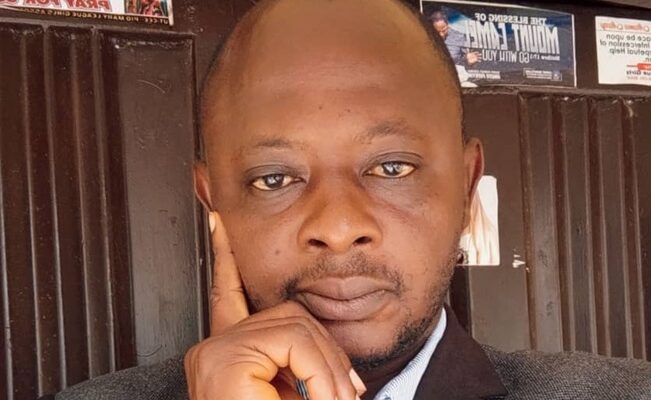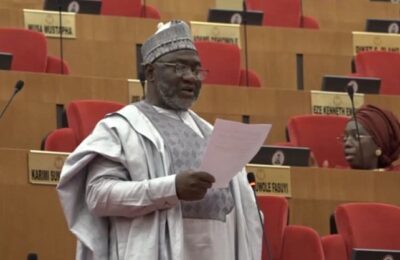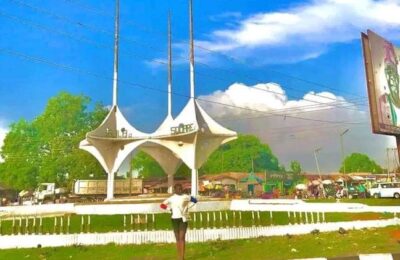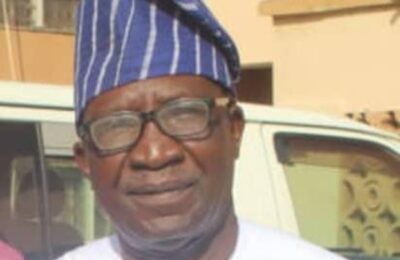In the complex tapestry of Nigeria’s socio-political dynamics, few regions embody the paradox of potential and paralysis as profoundly as Kogi East. Once the cradle of political consciousness and intellectual vibrancy, it now stands fractured by a widening gulf between the elites or those at the echelon of power and the grassroots communities they were elected to serve. This rift has become a moral, developmental, and cultural chasm — a broken bridge that has stalled progress, fractured trust, and muted the once-thunderous voice of the Igala nation in the larger Nigerian federation.
At the apex of this dysfunction lies a disturbing truth: leadership in Kogi East has become an enclave of isolation rather than inclusion. The elites at the political zenith have grown detached from the existential struggles of the ordinary citizens in Idah, Ankpa, Dekina, Ibaji, Ofu, and beyond. Policies are made in air-conditioned conclaves, far removed from the dust and sweat of the villages where the people’s pulse beats. Grassroots leaders who should serve as conduits of feedback and development have been reduced to passive spectators, silenced by patronage, fear, and the collapse of authentic dialogue. The once-organic symbiosis between rulers and the ruled has decayed into transactional politics.
Observers trace this disconnect to a historical erosion of participatory governance. Kogi East’s political elite — once bound by ancestral ideals of communal service and accountability — have metamorphosed into insular actors more loyal to personal ambition than to collective destiny. The traditional institutions, which once served as the moral compass of leadership, have been politicized and weakened, unable to reconcile the tension between modern governance and cultural stewardship. The result is a fragmented political ecosystem where vision is traded for visibility, and progress is sacrificed on the altar of personal gain.
The consequences of this disconnection are tragically visible. Developmental projects if at all exists are conceived without consultation, imposed without context, and abandoned without remorse. Roads remain dilapidated, schools under-resourced, and health centers skeletal. The rural poor, who form the backbone of electoral participation, are alienated from the dividends of democracy. The disconnect has bred disillusionment, apathy, and a dangerous cynicism that corrodes the people’s belief in leadership itself. When the governed no longer trust the governors, governance becomes an empty ritual.
Grassroots participation, the cornerstone of democracy, has been replaced by tokenism. Community voices are only courted during election seasons, then discarded in the silence of governance. The youths, once symbols of hope and innovation, now drift into despair or migration, seeking opportunities beyond the soil that bore them. The elders, who once mediated between authority and morality, have become relics of a past age, lamenting the moral bankruptcy that now defines leadership. The result is a political ecology where nothing grows — neither trust nor transformation.
Reviving Kogi East requires more than rhetoric; it demands a renaissance of partnership across all strata of leadership. The elites must descend from their ivory towers to rediscover the rhythm of the streets — the pulse of farmers, traders, teachers, and artisans. Igala elites associations/stakeholders meeting resolutions and policy formulation to benifits Igala Agenda must be inclusive, participatory, and contextually rooted. The grassroots must reclaim their agency, insisting on accountability through organized civic engagement. Traditional rulers and community-based organizations must be re-empowered to bridge the gap between modern governance and ancestral wisdom. Leadership, at its core, must return to service — not symbolism.
For Kogi East to reclaim its lost grandeur, its leaders must remember that true power flows from the people, not from proximity to political thrones. A partnership between the echelon and the grassroots is not a luxury; it is a necessity for survival in a rapidly evolving Nigeria. The broken bridge must be rebuilt — not with bricks of deceit and division, but with the steel of sincerity and the cement of collaboration. Only then can Kogi East rise again, not as a fractured polity, but as a unified force of progress, purpose, and people-centered leadership.
– Inah Boniface Ocholi writes from Ayah – Igalamela/Odolu LGA, Kogi state.
08152094428 (SMS Only)




